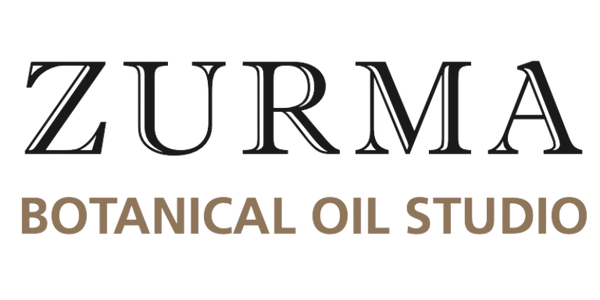
Essential Oils and Hormonal Health: Clarifying the Evidence
Share
Essential oils are widely celebrated for their therapeutic effects—reducing stress, supporting immunity, easing pain—but growing attention has turned toward their possible impact on hormonal health. With online claims ranging from “estrogenic” activity to “hormone balancing” blends, the topic has become a mix of scientific inquiry, marketing spin, and widespread misunderstanding. So what does the research actually say?
The concern around essential oils and hormones emerged sharply following a 2007 study published in the New England Journal of Medicine, which linked products containing Lavender and Tea Tree oils to prepubertal gynecomastia (breast tissue development) in three boys. The researchers suggested that the oils might act as endocrine disruptors due to weak estrogenic and anti-androgenic activity in vitro (Henley et al., 2007). This study triggered alarm—but also critique. Subsequent investigations raised questions about the methodology and whether contaminants or synthetic compounds in adulterated oils could have skewed the findings.
More recently, a follow-up study by Ramsey et al. (2019) in The Journal of Clinical Endocrinology & Metabolism tested 38 individual constituents found in essential oils. Only a few showed weak hormonal activity in cell cultures, and the authors emphasised that such in vitro activity does not necessarily translate to in vivo effects. Concentration, route of exposure, skin barrier function, and systemic absorption all matter profoundly. Aromatherapists rarely use oils at the concentrations required to elicit endocrine changes in these cell-based models.
From a clinical perspective, there is minimal evidence that topical or diffused essential oils, when used correctly, disrupt hormone function in humans. In fact, essential oils such as Clary Sage (due to sclareol content) are often used in women’s health to support comfort during menstruation—not by mimicking estrogen, but by helping ease muscle tension and supporting emotional wellbeing. Rose, Geranium, and Fennel are also traditionally used for menstrual and menopausal support, yet current studies on these oils focus more on symptom relief than hormonal modulation (Lee et al., 2016).
For consumers and practitioners, the key is to distinguish between anecdotal claims and evidence-based outcomes. Saying that an oil is “hormone balancing” is vague at best and misleading at worst. No essential oil has been proven to regulate hormones in a measurable, consistent way in human clinical trials. At the same time, fears of widespread hormonal disruption from properly used essential oils are not supported by the current literature.
What should aromatherapists and customers keep in mind? Use oils within safe dilution guidelines. Source unadulterated oils—especially for Lavender and Tea Tree, which are commonly extended with synthetic linalool or terpinen-4-ol, potentially altering their effects. Avoid applying essential oils neat (always dilute in a suitable carrier oil) and in high doses daily over long periods, particularly on young children or during pregnancy, unless under professional guidance.
Essential oils may support wellbeing around hormonal changes—but they are not hormones, nor hormone therapies. The risk of endocrine disruption appears negligible in responsible use, and with more research underway, it's important to hold both promise and caution in equal measure.
References
Henley, D. V., Lipson, N., Korach, K. S., & Bloch, C. A. (2007). Prepubertal gynecomastia linked to lavender and tea tree oils. The New England Journal of Medicine, 356(5), 479–485. https://doi.org/10.1056/NEJMoa064725
Ramsey, J. T., Li, Y., Arao, Y., Dupree, K. P., Minkin, S. C., & Korach, K. S. (2019). Lavender products associated with premature thelarche and prepubertal gynecomastia: Case reports and endocrine-disrupting chemical activities. The Journal of Clinical Endocrinology & Metabolism, 104(11), 5393–5405. https://doi.org/10.1210/jc.2019-01174
Lee, H. W., Ang, L., Choi, J., & Lee, M. S. (2021). Aromatherapy for managing menopausal symptoms: a systematic review and meta-analysis of randomized placebo-controlled trials. The Journal of Alternative and Complementary Medicine, 27(10), 813-823.
